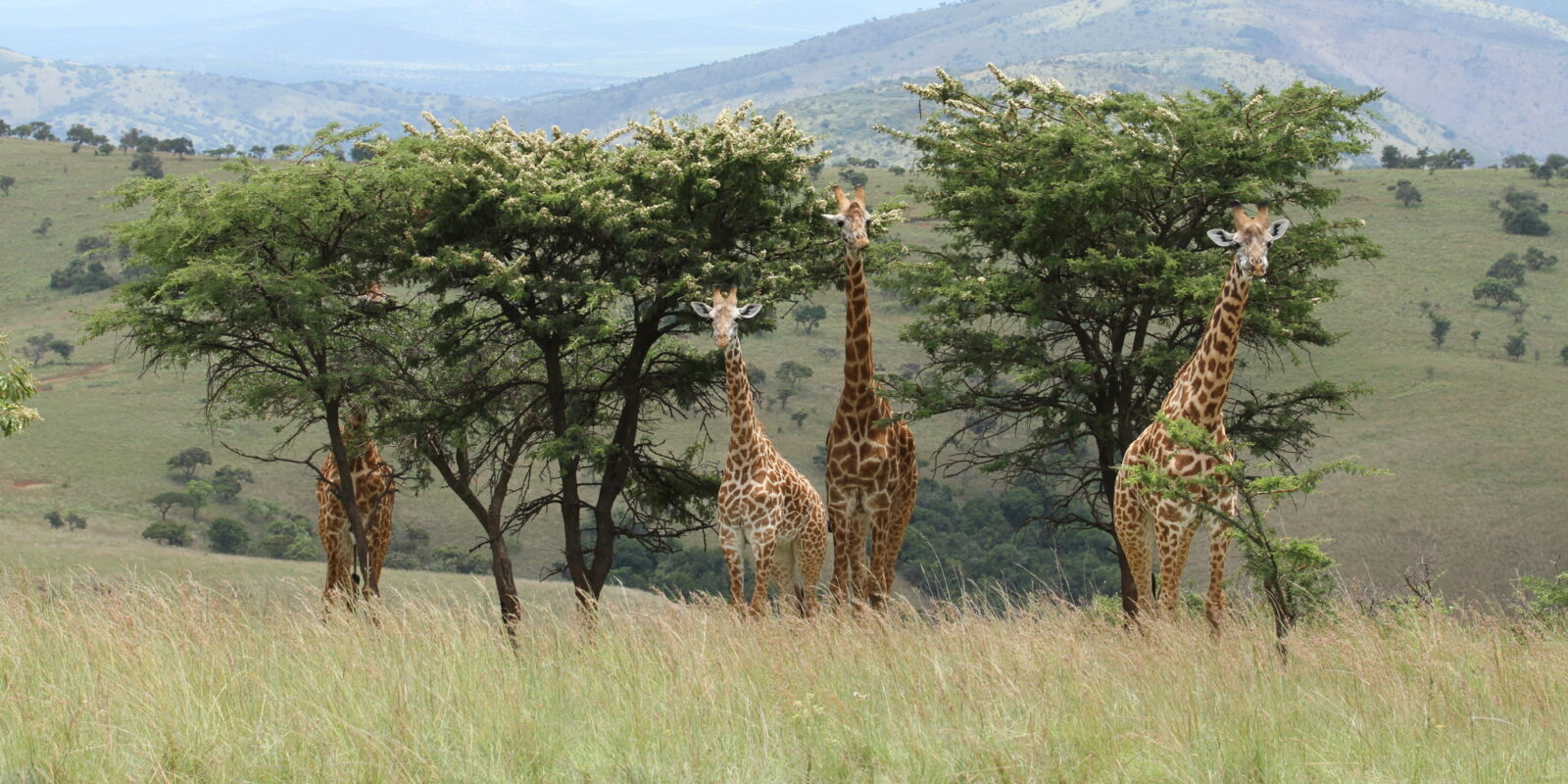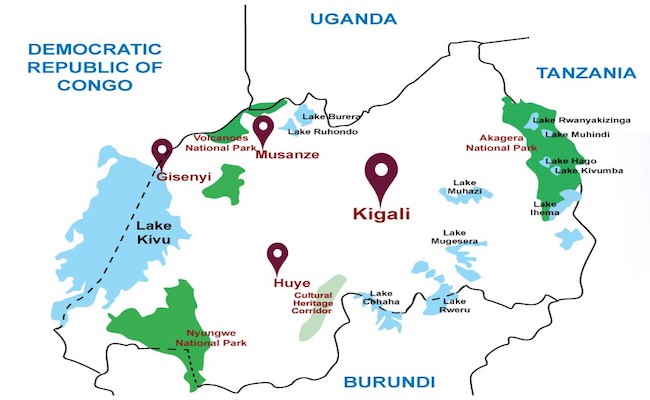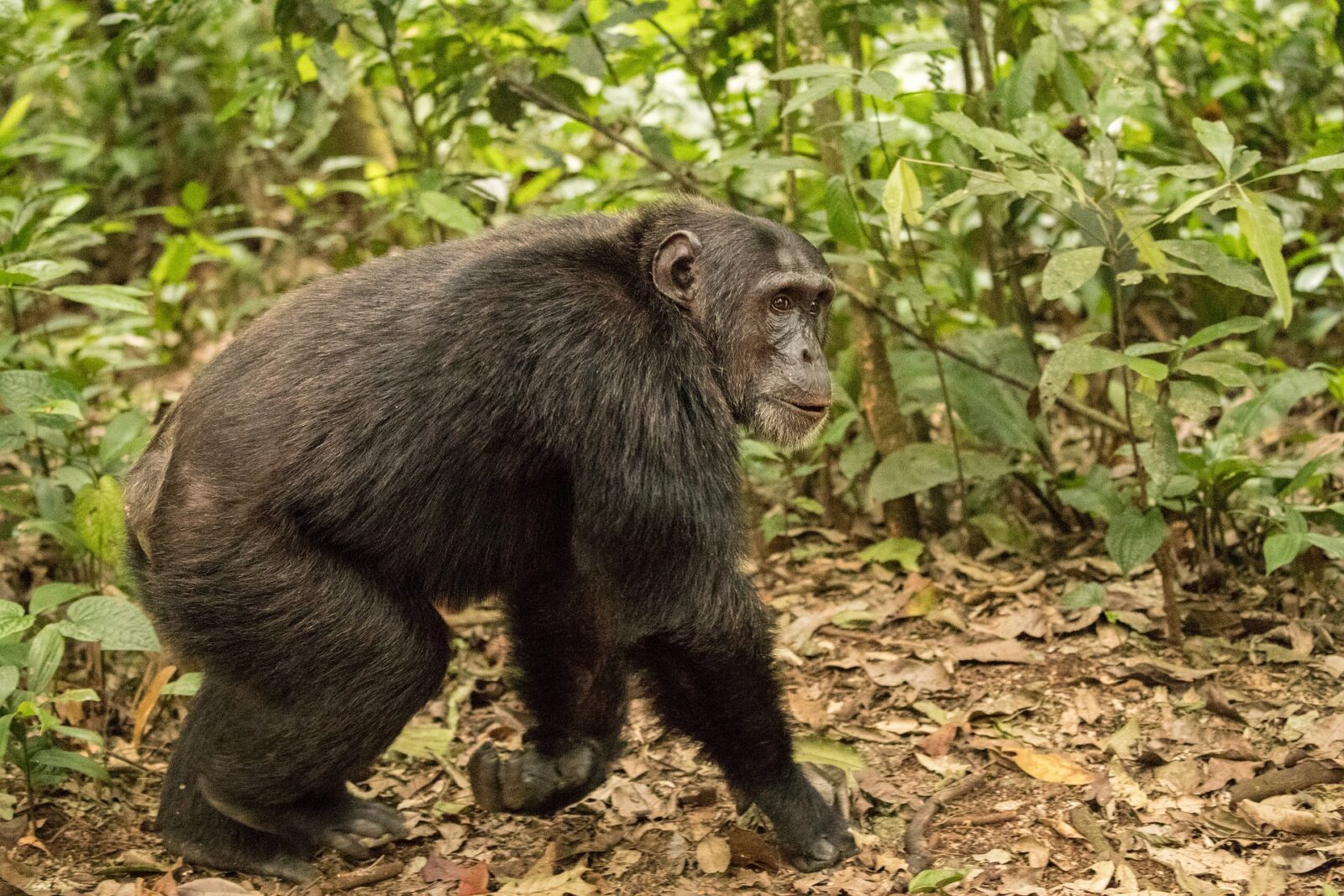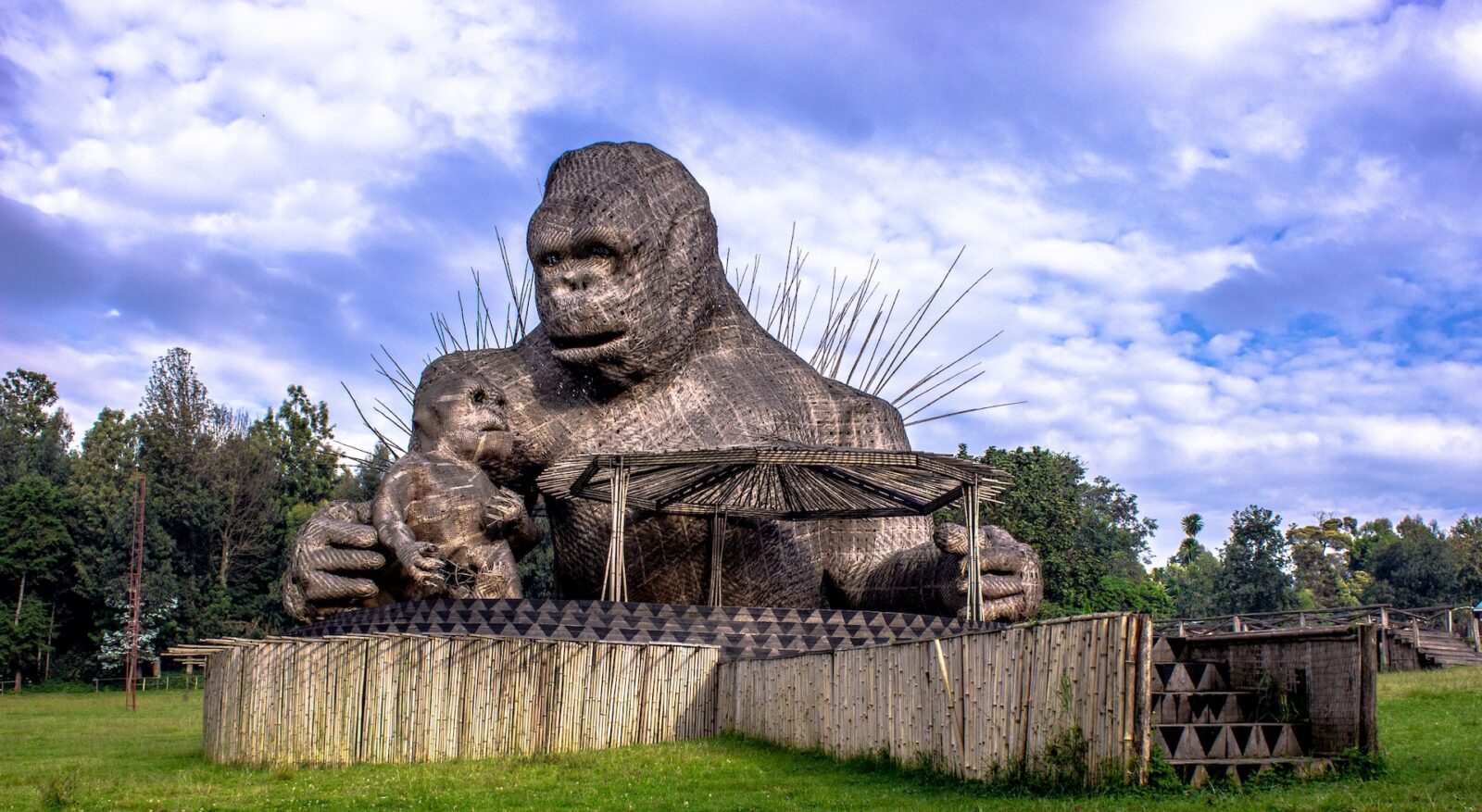
Rwanda National Parks— Guide
Rwanda National Parks
Rwanda, the “Land of a Thousand Hills,” is a country that offers far more than its picturesque landscapes and warm hospitality. Beneath its rolling hills and misty highlands lies a collection of protected areas that safeguard some of Africa’s most extraordinary wildlife species and diverse ecosystems. The national parks of Rwanda are not just geographical spaces; they are living stories of conservation success, community involvement, and the resilient beauty of nature. Whether you are drawn by the mystique of mountain gorillas, the calls of forest chimpanzees, or the drama of savannah predators, Rwanda’s parks hold experiences that remain unmatched anywhere on the continent.
Volcanoes National Park
At the heart of Rwanda’s tourism crown lies Volcanoes National Park, home to the majestic mountain gorillas that have made the country world-famous. Situated in the Virunga Mountains in the northwest, this park covers a landscape of soaring volcanoes, dense bamboo forests, and lush montane vegetation. It is here that travelers embark on the unforgettable gorilla trekking adventure — a journey through the mist that culminates in face-to-face moments with a family of gorillas in their natural habitat. Beyond gorillas, Volcanoes National Park also shelters golden monkeys and offers hikes to the summits of Bisoke and Karisimbi volcanoes, as well as visits to the tomb of Dian Fossey, the legendary primatologist whose legacy continues to inspire Rwanda’s conservation story.
Akagera National Park
In the east of the country, Akagera National Park stands in striking contrast to the misty forests of the Virunga region. Here, the landscape is pure African savannah — open plains, acacia woodlands, papyrus swamps, and shimmering lakes that stretch along the border with Tanzania. Akagera is a place of remarkable revival; once nearly lost to poaching and human encroachment, it has transformed into one of East Africa’s most successful rewilding stories. Lions, rhinos, elephants, buffaloes, and leopards now roam freely across its grasslands, restoring the “Big Five” experience to Rwanda. Visitors can enjoy game drives, boat safaris on Lake Ihema, and birdwatching opportunities that rank among the best in the region.
Nyungwe Forest National Park
To the south lies Nyungwe Forest National Park, one of Africa’s oldest rainforests and a haven for biodiversity. Its mist-covered slopes are a sanctuary for thirteen primate species, including chimpanzees, L’Hoest’s monkeys, and colobus monkeys that leap gracefully through the treetops. Nyungwe is also renowned for its network of hiking trails that weave through ancient trees, thundering waterfalls, and high-altitude ridges. Among its highlights is the Canopy Walkway — a suspended bridge that allows visitors to stroll above the forest canopy and witness the magic of the rainforest from a breathtaking perspective. The park’s pristine beauty and ecological significance make it a cornerstone of Rwanda’s commitment to sustainable eco-tourism.
Gishwati-Mukura National Park
The youngest of Rwanda’s protected areas, Gishwati-Mukura National Park, symbolizes renewal and hope. Formed from the merging of two separate forest reserves, this park has undergone remarkable restoration after years of deforestation. Today, it shelters a growing population of chimpanzees and other primates, as well as numerous bird species and rare flora. Gishwati-Mukura offers intimate forest walks, community interactions, and a chance to experience Rwanda’s conservation story from a grassroots perspective. Visiting here is not only about wildlife but also about witnessing how human effort and ecological recovery can coexist in harmony.
Conservation and Community Involvement
What truly defines Rwanda’s national parks is not only their biodiversity but also their people. The nation’s conservation model is deeply rooted in community participation and benefit-sharing. A portion of park revenues is reinvested into local communities to support education, health, and sustainable livelihoods. This inclusive approach has created a powerful bond between conservation and development, ensuring that the protection of wildlife also translates into tangible human progress. Rwanda’s parks stand as living proof that conservation can thrive when communities are empowered to become its stewards.
The Future of Rwanda’s Wilderness
As Rwanda continues to embrace sustainable tourism, its national parks remain central to the country’s vision for green growth. With ongoing efforts to expand habitats, restore wildlife populations, and integrate eco-friendly tourism practices, the future looks bright for Rwanda’s wilderness. Each park tells a chapter in a larger national story — one of resilience, revival, and deep respect for nature. Travelers who venture into these landscapes not only witness wildlife but also become part of a continuing journey of hope and transformation.




